EfTEN’s CFO: Transparent Invoice Management Is Essential Today
Source: Äri-IT Spring 2024
EfTEN Capital, a manager of Baltic-wide real estate funds, automated its purchase invoice management six years ago. Today, no one in the company can imagine life without it.
The funds managed by EfTEN Capital are engaged in commercial real estate investments, and the volume of assets managed by the company today exceeds one billion euros. The fund’s assets are located in Estonia, Latvia and Lithuania, and more than 56 companies have been created to manage them.
In 2018, EfTEN Capital started automating its purchase invoice processes and adopted the Telema eFlow web solution. Now, six years later, the company’s financiers admit that it saved them from the worst during the corona crisis, among other things. In March 2020, everyone, as you know, stayed in home offices and all work continued without paper. If the processes had not been automated a few years before that, managing and approving purchase invoices would have been much more difficult.
Currently, the company’s finance department has more than 15 people across the Baltics. Even after the corona era, they have continued with a partially hybrid work format. Although accountants can do their technical work perfectly well at home, direct communication between team members is also important, which is why most of the working days are still spent in the office.
Automation Made Life Much Easier
Marilin Hein, CFO of EfTEN Capital, says that in fact, the company almost no longer remembers the time before the introduction of Telema eFlow.
“Before, the invoices were in folders. In real estate management, there are always situations where you need to see the original invoices either within the company or with auditors and other parties. So if you needed to find something, you would first search the physical folder. When it came time to approve invoices, the invoice packs stood on the corner of the board member’s desk, waiting for the moment when he had a moment to look at them,” she recalls.
Before automation, invoices came to the company mainly by e-mail. The accountant then printed out the invoice, and when the signatures were collected, the data was entered into the software. If the invoice was sent directly to the real estate object, for example, to the managers of shopping centers, they printed it out, put their signature on it, scanned it and sent it to EfTEN, where it was printed again, the signature was taken from the approvers and then the data was entered into the accounting software.
After the introduction of Telema eFlow, the situation is completely different. Marilin Hein explains: “Purchase invoices move to the Telema system automatically, where, in turn, automatic approval rounds have been prepared for suppliers. Accountants add expense accounts to invoices directly in the Telema system, and later there is no need to change anything in the accounting system. Or if I do a financial audit, it is very easy to filter invoices in the Telema eFlow portal that match the specified criteria. Auditors also have an easier job, because we can assign viewing rights to them in the Telema system. All invoice-related administration is clear and transparent and takes place similarly in all countries.”
Previously, the daily flow of information for Latvian and Lithuanian accountants was quite independent of EfTEN’s headquarters, because the nuances of administration are different from country to country. After the introduction of eFlow, however, automation has also helped to standardize the invoice processing system there and improved the overview.
Expectations for Automation Were Lower
EfTEN has set high requirements for its accounting systems, and these apply to all parts of the system and partners. The purchase invoice management and approval round with the ERP solution BC2022 is interfaced with Telema eFlow, and two rental management systems are also used: Moderan and Bidrento.
Marilin Hein does not hide that she initially had rather low expectations for the automation of purchase invoices and Telema eFlow. “I thought that eFlow would primarily save us from printouts, approving invoices on paper and reduce the manual work of accountants, but I had no full idea of the actual transparency of the system and its positive impact on risk control measures,” she explains. “I can search and sort invoices. The speed of the approval round benefits from the fact that approvers have a mobile app and they can give their consent to the invoice anywhere in the world. I knew that these functions existed, but this benefit could only be felt when we put it into use. The benefit was considerably greater than I expected.
Telema eFlow Frees You From Stupid Work
According to the financial manager, EfTEN’s goal in automating purchase invoices was primarily to free the accountant from stupid work, so that the use of time would be more efficient and create greater added value for the company. “In fact, there were also fears – again, a costly implementation of a new system. But everything was simple: we did not have to do the development or implementation from scratch, because it was already adapted to Business Central for other clients,” she says.
Terje Paasik, an accountant at EfTEN Capital, adds that user-friendliness is extremely important to her. “It becomes clear quite quickly whether the solution is convenient or not when you look at some new program. Telema eFlow is very easy to use even for those who do not deal with such solutions on a daily basis.”
Thanks to the automation of purchase invoices, EfTEN’s accounting has become completely paperless, and the time and money savings due to automation are impressive. The group includes 56 companies in total, and each of them would create at least one purchase invoice folder each year. “I can’t imagine how we would manage this pile of folders,” explains the financial manager. “Especially in the case of a group with many companies, in addition to saving time and money, one of the most important victories is the transparency and clarity of the invoice processing process.”

